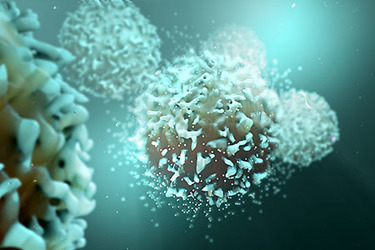Overcoming The Challenges Of Cell Therapy Manufacturing
By Evan Zynda, Senior T-cell scientist, Thermo Fisher Scientific, and Aditi Singh, Product Manager, Thermo Fisher Scientific

In recent decades, adoptive cell therapy—also known as immunotherapy—has gained traction as a potential fifth pillar of oncology, treating patients where surgery and conventional methods of chemo-, radiation, and targeted therapy have failed. CAR T-cell therapy is an example of immunotherapy that works by enlisting and empowering the immune system’s innate ability to recognize and eliminate damaged and defective cells. Early-phase clinical trials have shown that CAR T-cell therapies have the potential to make significant strides but, to date, only a few thousand patients have been treated in the US, and the treatment is still largely reserved for second-line therapy against certain relapsed or refractory leukemias and lymphomas.
Conventionally, personalized cell therapies based on individual patients’ own cells have been used, but the tortuous and extensive ex vivo workflow required to prepare these autologous therapies is a significant barrier to wider use. Allogeneic approaches—based on the large-scale preparation of batches of cells from a healthy donor—have the power to revolutionize the use of CAR T-cell therapies, overcoming the inherent manufacturing hurdles associated with autologous therapies.
Get unlimited access to:
Enter your credentials below to log in. Not yet a member of Bioprocess Online? Subscribe today.
